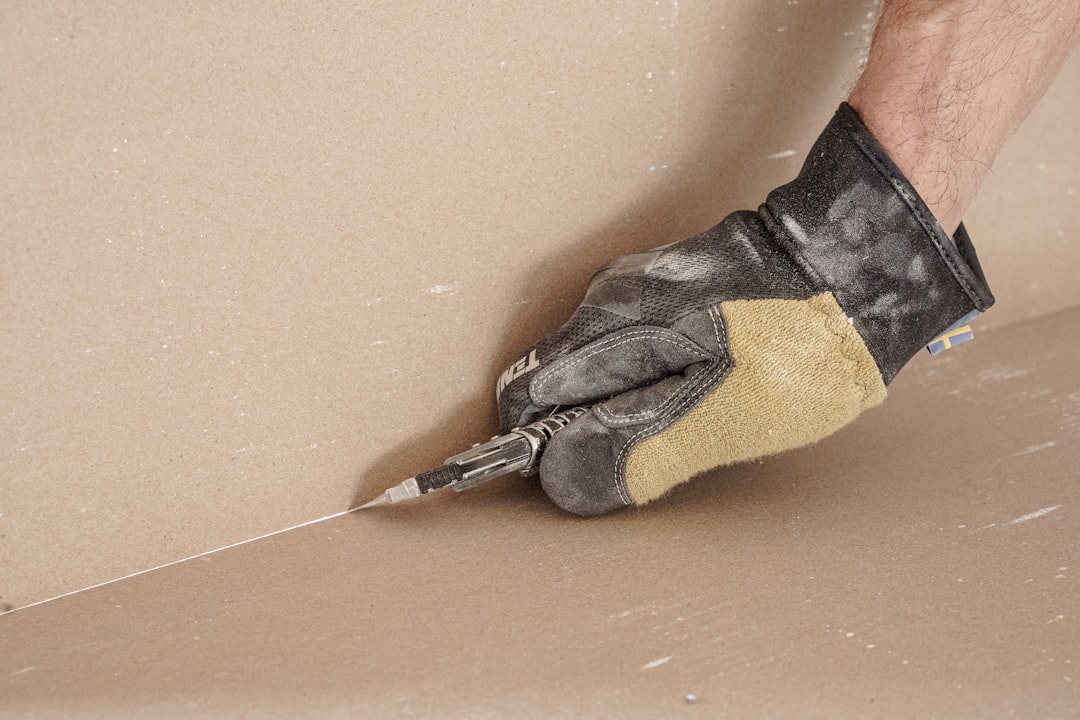
For construction professionals, knowing the cost to replace a wax ring is crucial for accurate project budgeting. Typically, the cost ranges from $200–$450, depending on factors like floor level, toilet type, and flange condition. This guide provides a detailed breakdown of costs and considerations for trade professionals.
The wax ring is essential for sealing the toilet flange to the drainpipe, preventing leaks and sewer gas escape. Over time, the wax compresses, especially if the toilet is unstable. Replacing it involves several steps, best handled by experienced plumbers.
Here's a detailed look at typical costs:
These estimates include the wax ring and standard hardware. CountBricks ensures real-time pricing accuracy by sourcing data from local suppliers.
While DIY might seem cost-effective, professional installation offers speed, warranty, and peace of mind. Common DIY mistakes include misaligned bolts and improper tightening, leading to leaks and damage.
CountBricks provides transparent estimates with detailed task, material, and labor breakdowns. Our AI-driven platform ensures accurate, up-to-date pricing and seamless project management.
A recent project in Cambridge involved a second-floor toilet with potential flange rust. The estimate included:
Total: $200–$500, including a one-year warranty.
CountBricks streamlines estimating and invoicing, offering real-time pricing, branded PDFs, and instant invoicing. Our platform integrates with accounting software, reducing administrative tasks.
No, always install a new ring for a proper seal.
Rubber or foam seals are more expensive but offer better durability.
Local codes vary; many professionals leave a gap to detect leaks.
For accurate estimates, visit CountBricks.com and get started with our AI-driven platform.

Small jobs can lead to larger projects. A recent case in Quincy involved a wax ring replacement, leading to additional bathroom upgrades worth $4,300.
By leveraging CountBricks, you can quickly answer client queries and position your business as a reliable service provider.